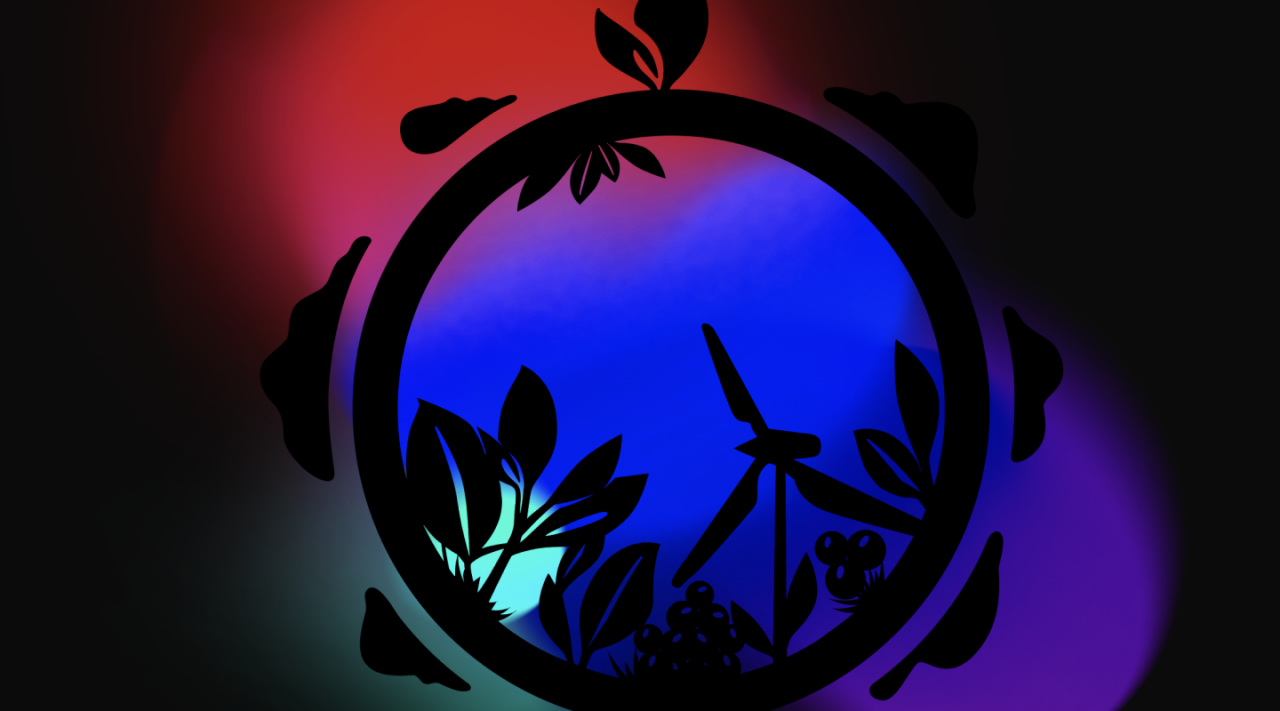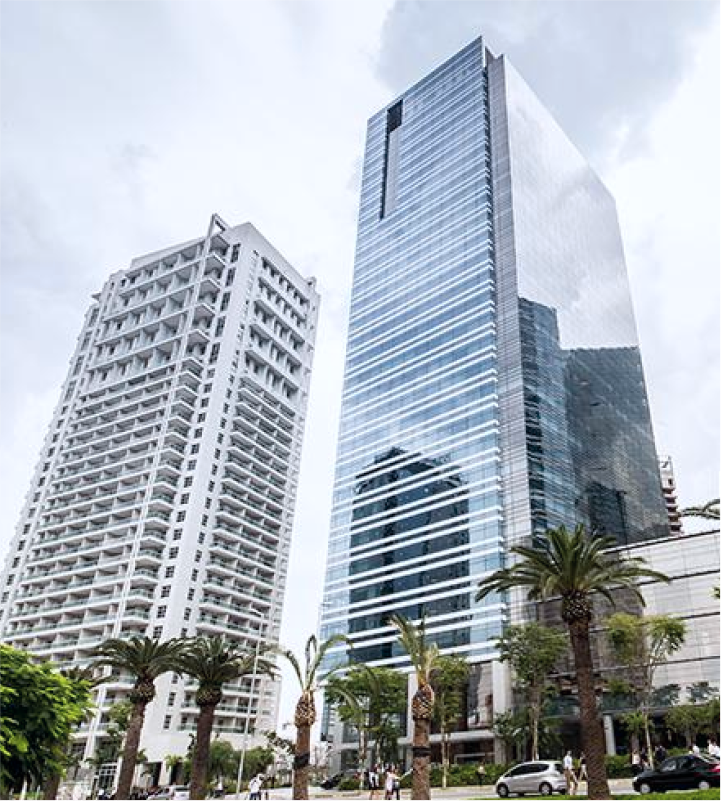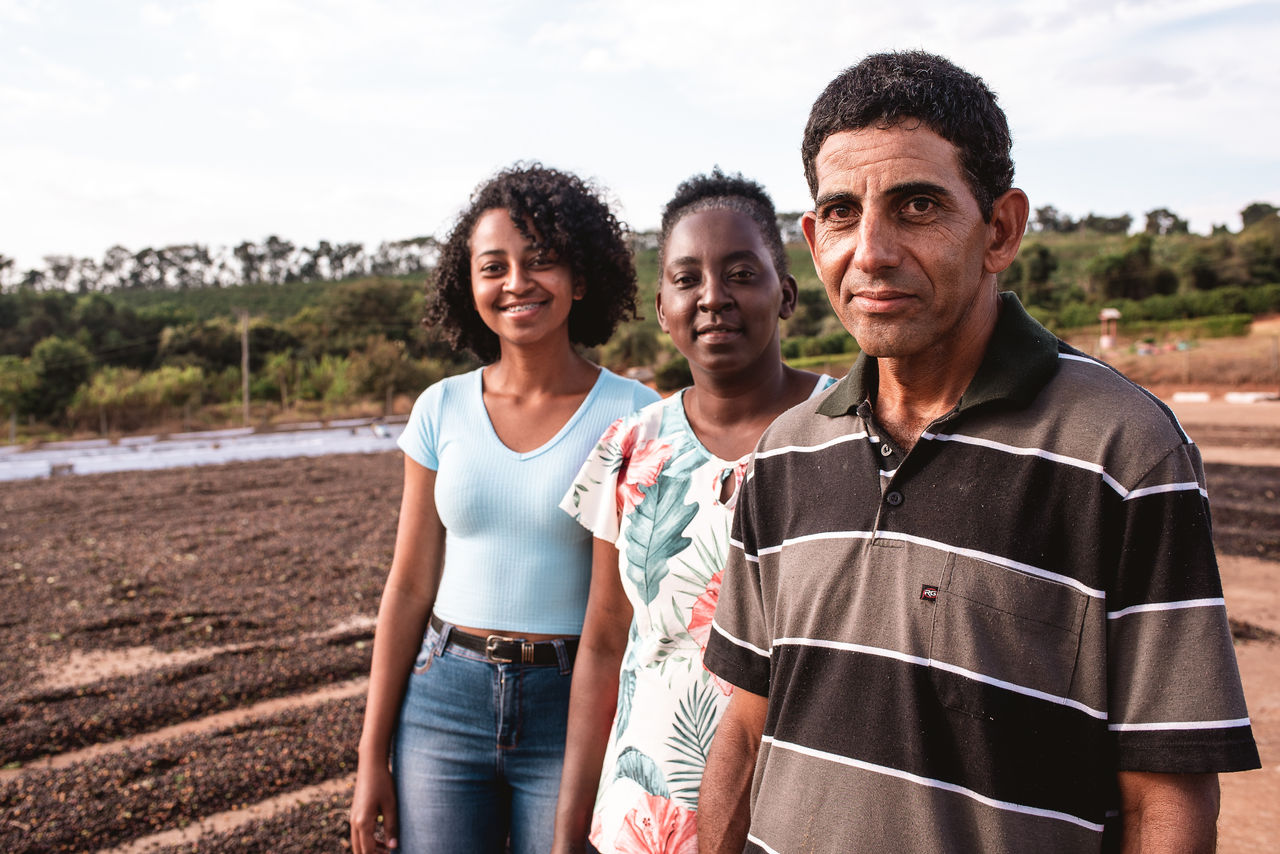"A better future for our children"

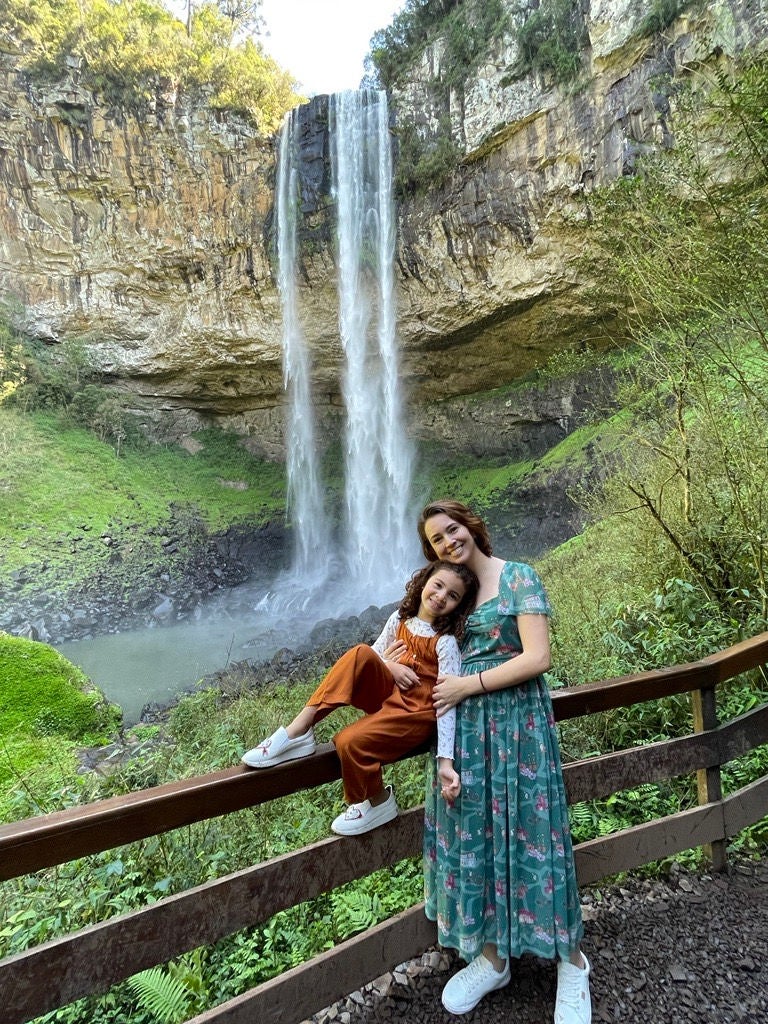
Priscila Bueno works as Sustainability Manager at Melitta South America in São Paulo, Brazil. In this interview, she explains why the world needs less fashion – and how even a six-year-old ensures that animals have more to drink.
Priscila, you have been working at Melitta South America since November 2020. Prior to that, you worked as a sustainability consultant at the management consultancy PwC. What is your professional background?
I studied environmental management. In 2005, this was a completely new course of study, and I was part of the first cohort. At the same time, I studied Business Administration at another college in São Paulo.
Wait... You have completed two courses at two different colleges in São Paulo at the same time? Anyone who knows the city knows that the traffic situation is heavy and that you need a lot of time even for the smallest distances. How can we imagine your daily routine back then?
I got up at 6am. The college where I studied environmental management was in the east of São Paulo – it took about two hours to get there. Then I was at university for about four hours, then drove back for two hours, ate something and studied. At 7 p.m., I left for my second college, which was luckily close to home. I was there until 11 pm. I did the whole thing for two years...
Wow. Why did you do that?
Environmental management, as I said, was a completely new course of study at the time and it was not clear that there would ever be a sufficient number of jobs in the field. But the topic was very close to my heart, and I really wanted to study it. On the other hand, I needed a plan B for my personal sense of security in order to position myself more broadly just in case. That's how Business Administration came about.
Nowadays, no sustainable transformation expert has to worry about a lack of jobs. But fifteen years ago, the topic was less present for many people. Where did your interest in the topic come from?
I saw a lot of homeless people in my childhood – you can't avoid that in São Paulo. Even as a small child, I often asked my mother how to help these people. The impressions from that time have influenced how I see the world. When I was faced with the question of what to study, I wavered between fashion and environmental management. I then said to myself that fashion is actually not what the world needs more of – and I decided on environmental management. After all, all the issues that are at stake in environmental management – whether biodiversity, water supply or the waste problem – contribute to people's well-being. Later, I understood that no matter what you do, you can do things in a way that makes a positive impact on society.
Why is sustainable transformation so important to you?
Sustainable transformation will determine how we live in the future. The three pillars of sustainability are the environment, the economy and the social. In addition, there are overarching social aspects. All areas are closely interlinked, and their interaction influences the future of all of us. For example, due to climate change, drought, rain, floods or storms are on the rise. This directly harms farmers and farmers, but also many other sectors of the economy. At the same time, we are losing a lot of biodiversity, harvests are deteriorating, food prices are rising, which in turn is widening the social gap and destabilizing society.
Have you personally experienced the effects of climate change in Brazil?
Yes, in fact, in February of this year we had exceptionally heavy rainfall on the north coast of the São Paulo region. In one day, two months' worth of rain fell! This has led to landslides and mudslides. I was there on vacation and found it scary. And, as is often the case, the consequences of such a disaster are worst for people, who are already very vulnerable. I was very moved by the experience of this.
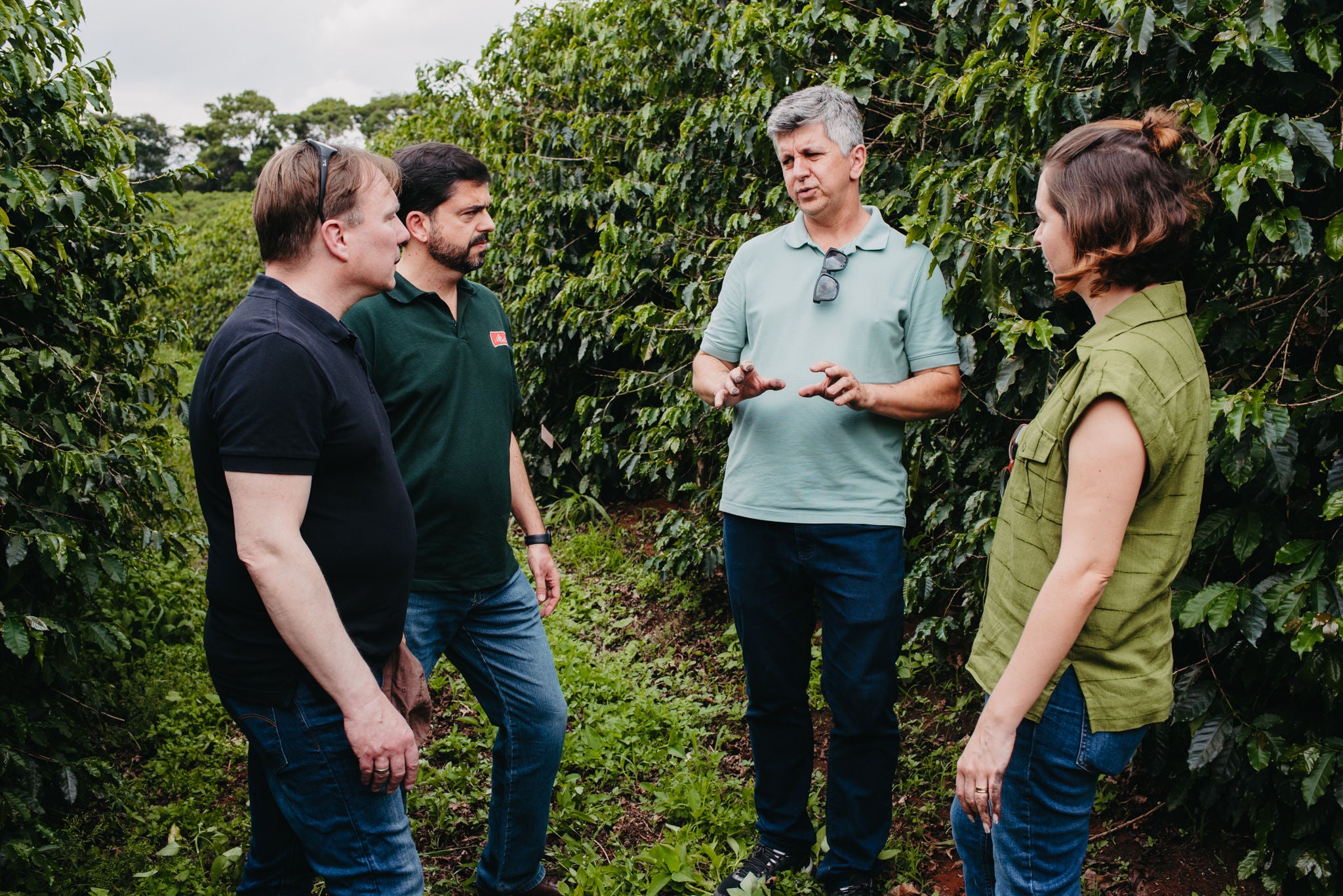
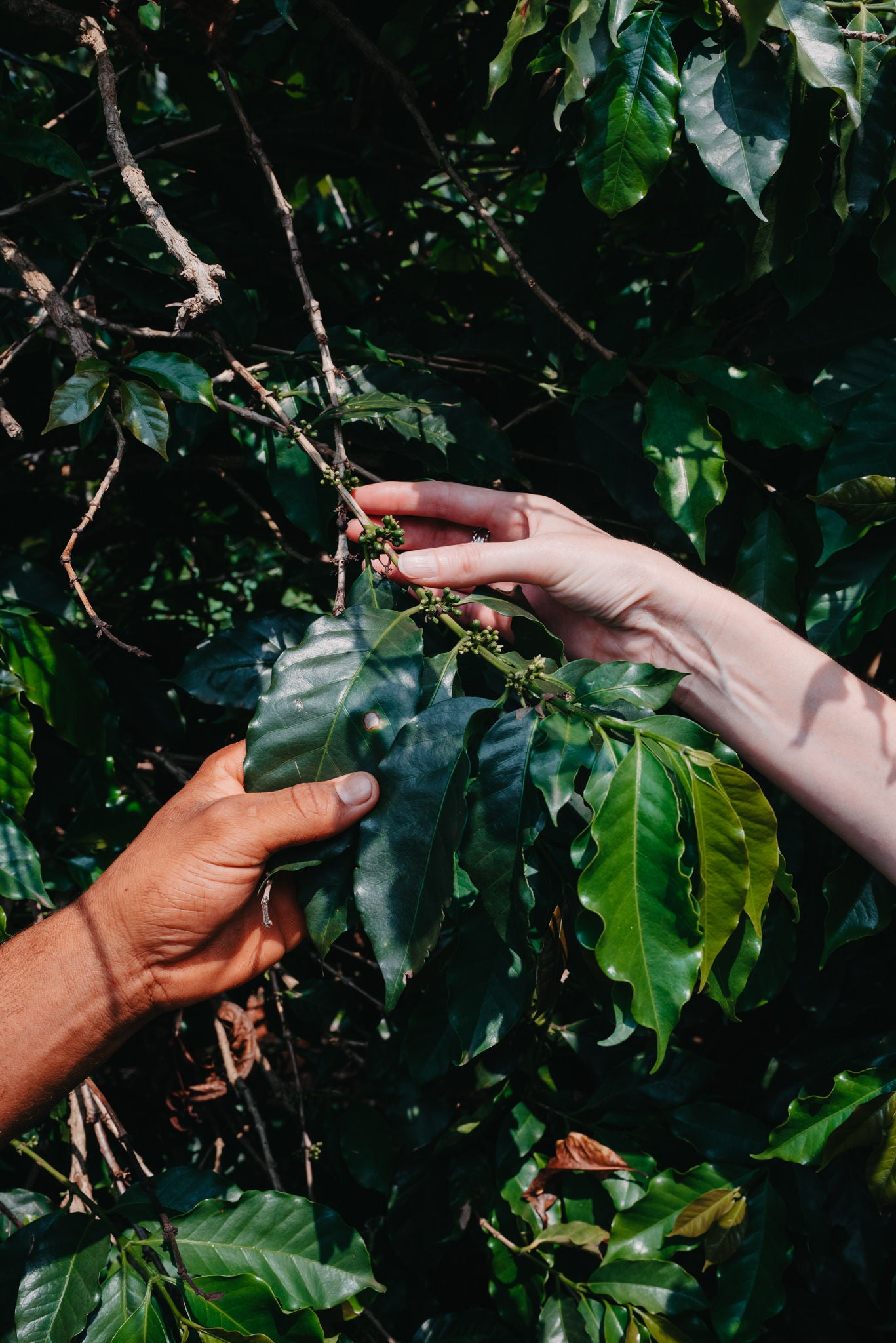
Why do you think it is still a great challenge to convince people of the urgency of sustainable action in the face of such immense damage?
It's hard to say. The topic is inherently complex. And then, for many people, the connection between their own behavior and the impact on the environment is still too abstract. According to the motto: If I don't use renewable energy – what does that have to do with the hurricane on the other side of the world? And then there are an extremely large number of people involved – many people certainly ask themselves "What can I do?" and, in case of doubt, do nothing at all.
As a company, the Melitta Group faces up to its own responsibility and drives forward the sustainable transformation under the motto "Transform to Flourish". Melitta do Brazil has also set itself very ambitious sustainability goals with the "Melitta 2030" agenda. What is a project close to your heart in terms of sustainable transformation?
There are many... The conversion to a biomass power plant in our paper mill in Guaiba was very exciting, as was the "Back to the roots" project, which we carried out together with coffee farmers and which contributes to the "Coffee of the Future" pillar. We are currently dealing with the topic of "plastic of the future". Here we are working on finding a more sustainable solution for the packaging of our coffee, because Melitta has set itself the goal of making all packaging recyclable by 2030 at the latest.
What message to your colleagues is important to you?
I hope that even more people in the world will wholeheartedly support the topic of sustainable transformation. We have all the means to do this: the exchange with key stakeholders, the knowledge, the green finance available on the market and the technologies. And we are a strong community. I believe it is important now to create synergies, to bring together the different perspectives and also to make compromises. Co-creation is important, i.e. doing things together. It is up to us to create a better future for our children together.
You have a six-year-old daughter. How do you teach her how to use resources responsibly?
My daughter loves the water – and it wasn't easy for my husband and me to explain to her that she should only take a quick shower. I then explained to her that the animals, which she also loves very much, are thirsty and we have to share the water with them. She understood that. She's really clever and I love her a lot.
